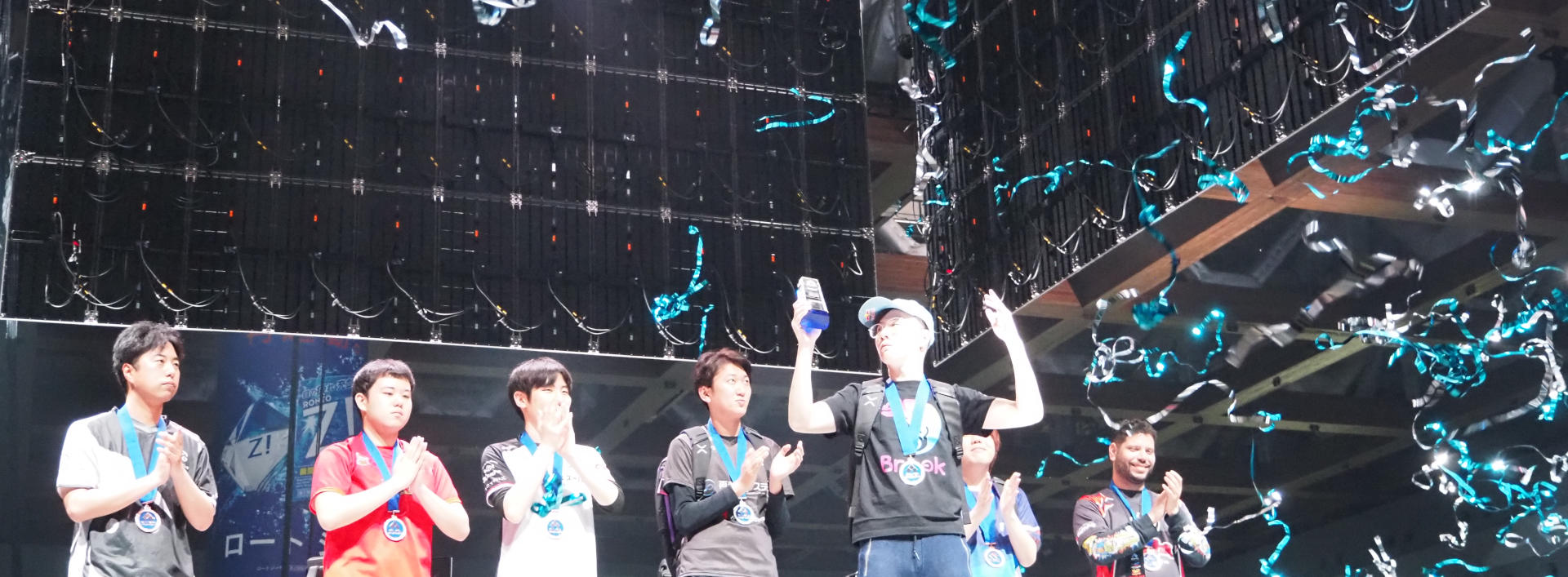Psalms of Herod
This flight out I didn’t read many books. I only started one, Esther Freisner’s “Psalms of Herod”, but I didn’t even finish it on the plane. I ended up finishing it on the road sometime. I didn’t really like the book. It is set in some unspecified point of time in the future of a very heavily Christian-influenced world, perhaps somewhere in America based on how the language is written. The main character is a woman, Becca, who starts to question the social order that she lives in. The roles of women are strictly defined, and highly controlled by the paternal authority figure. There isn’t much that a woman can do on her own in the world of the book. Something peculiar has also happened to women biologically so that they are only fertile twice a year, which comes into play with some of the rituals that are set up for them.
The book starts slowly. Very slowly. I wasn’t sure I would finish it because I was having a lot of trouble getting into it. Once things started going a bit quicker I was drawn in enough to finish off the last half of the book fairly quickly, but it was a close call. I don’t like the society described in the book, and while it is very reminiscent of “A Handmaid’s Tale” and is trying to warn against a strong role of religion in society it just isn’t something I’m interested in reading in fiction for fun. You don’t have to go far in our world today to find religion and oppressed women in non-fiction, which is what I would prefer to read if I wanted to take up the subject. Still, there is an interesting science fiction story here, and using science fiction to explore areas of the human condition is one of the things that can be done well in the genre.
The book itself doesn’t have an ending. Very disappointing. It is continued in the sequel, “The Sword of Mary”, and the way things end in this book is just terribly disappointing. Do not pick it up unless you have the second volume on hand if you intend to actually finish it. It also has some very adult themes (sexuality, oppression, rape, child abandonment, etc.) so you might to give it pass based on content also. I do have the second book myself, since I had the series recommended to me from somewhere (a thread over on tor.com I think?) and am interested in finishing it, but I can’t really recommend the book.
Here is a review that seemed to like it though.
Architects of Emortality
A more traditional set-in-the-future science fiction book. A murder mystery in the 25th century with a Victorian flavor lent by the character of Oscar Wilde. I did enjoy this book, but I never did come to identify with the main character. Also, you will probably enjoy the book a lot more if you are well versed in 19th and 20th century literature. I am not well read in that area myself, and I’m sure I missed a lot of the fun that went a long with things. I’m not sure what the whole point was having two of the police characters named Holmes and Watson – it was clearly a reference to the Sherlock Holmes novels, and was even commented in the book, but I missed the greater point. One thing that annoyed me about the book is that I was never able to really sympathize with the character from whose viewpoint we see the story. I think that was probably intentional as the main character, and by far most appealing one, was clearly Oscar Wilde, and there are strong reasons for the story not being told from his point of view. It bothered me that the thoughts I was often reading from the narrative sometimes struck me as petty and annoying. I feel like I was missing something there, but overall it was a fun book set in an interesting future world where genetic engineering has been taken to a pretty far extreme. Bonus: no brain swapping VR and singularity computer stuff in this book. I feel like I’ve had enough of that for a while (although I love the Charles Stross books, I have a limited appetite for virtual reality novels.)


Leave a Reply